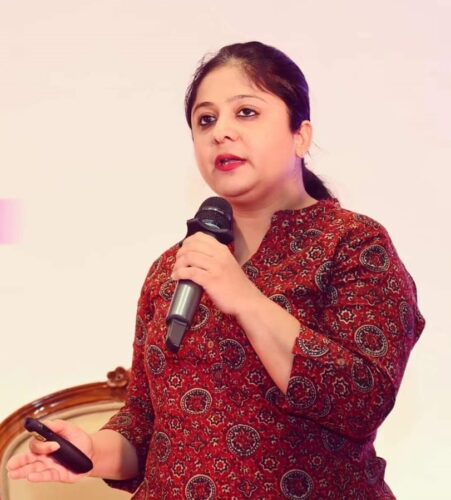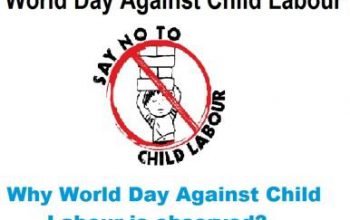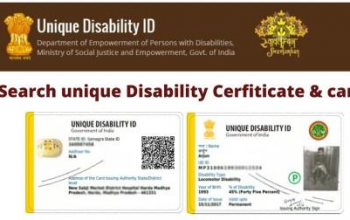Dr. Himani Yadav*
Dr. Bijayalaxmi Panda**
Positive engagement as caregivers in the family and fathers is generally good for men themselves, apart from their children and women. Men who are involved in meaningful ways with their children report this relationship to be one of their most important sources of well-being and happiness. The United Nations Convention on the Rights of the Child (UNCRC) clearly states the importance of both mother and father sharing parental responsibility. In addition to ICDP (International Conference on Population and Development), held in Cario,1994, there is a growing international consensus of involving boys and men in gender equity. In 2003, at the international fatherhood summit in the UK, available literature on fatherhood was reviewed. The first time, the only policy was initiated in the form of family welfare programs to encourage overall family involvement under the Ministry of Health and family welfare, Govt of India in the year 1977.
In Madhya Pradesh, there is a separate guideline on family participatory care for enhancing the involvement of families in infant care services, especially at SNCU, NBSU, PNC ward, and newborn children. To overcome the problem of neonatal death and child mortality rate, the role of the family is equally important to treat infectious diseases among children apart from the major responsibility of medical practitioners and nursing staff.
Engaging community nutrition warriors at the Community and facility level for promoting family participation in the breastfeeding week.
The dignified role of AAA (ASHA, Anganwadi workers, and ANM) is much beneficial for creating nutrition awareness at the family, community, and facility levels for changing scenarios in their areas. Their efforts can bring changes in creating awareness due to their deeper engagement, and positive attitude to provide timely information, understanding, and communication with them by using local language, which creates trust and strong relationship building with beneficiaries and families in their locality.
Their strong involvement can create a lot of positive changes in the community by promoting male engagement and support of caregivers in the family on breastfeeding and infant and child feeding practices, counselling on the importance of early initiation of breastfeeding, colostrum feeding, and exclusive breastfeeding to pregnant women especially during the third trimester and recently delivered women (normal/C-Section) and family members. They have a crucial role in Interpersonal counselling on breastfeeding and IYCF practices by ensuring at all community platforms – Village Health Sanitation Nutrition Day (VHSND), home visits under HBNC and HBYC, routine immunization sessions, and ANC/PNC visits. The attempt of ASHAs on home-based Kangaroo Mother Care (HBKMC) care equally needs to be focussed and required counseling during her visit for increasing weight of low-birth-weight newborn babies by regular monitoring. Breastfeeding needs to be promoted 8 to 10 times within 24 hours by providing a gap of 2 to 3 hours during KMC.
Similarly, At the facility level, efforts require for early initiation of breastfeeding within one hour after delivery, awareness generation activities to build an enabling environment for breastfeeding, early identification, and treatment of high-risk symptoms among neonates, and KMC practices. Nutrition warriors must be strictly focused on sensitization on prohibiting bottle feeding and formula milk and counselling on male engagement and the role of the family to support childcare and support to mothers. The nurse staff needs to train both parents regarding essential newborn care by which they can understand how to engage properly. For promoting the initiation of Breast Feeding and exclusive breastfeeding, separate spaces can be identified with hygiene practices. Training to parents and family members to support home-based KMC, benefits of KMC, breastfeeding, and providing psycho-social support at the family level.
To conclude, their continuous efforts need to be recognized. They should be treated as community faces and encouraged through proper channels for their motivation by engaging media, awards ceremonies, and by providing different platforms to speak up about their stories.
……………………………………………………………………………………………………………………………………….
*Deputy Director, Child Health and Child Health Nutrition, National Health Mission, Bhopal, Madhya Pradesh
**State Coordinator -Partnership, The Antara Foundation, Bhopal, Madhya Pradesh




